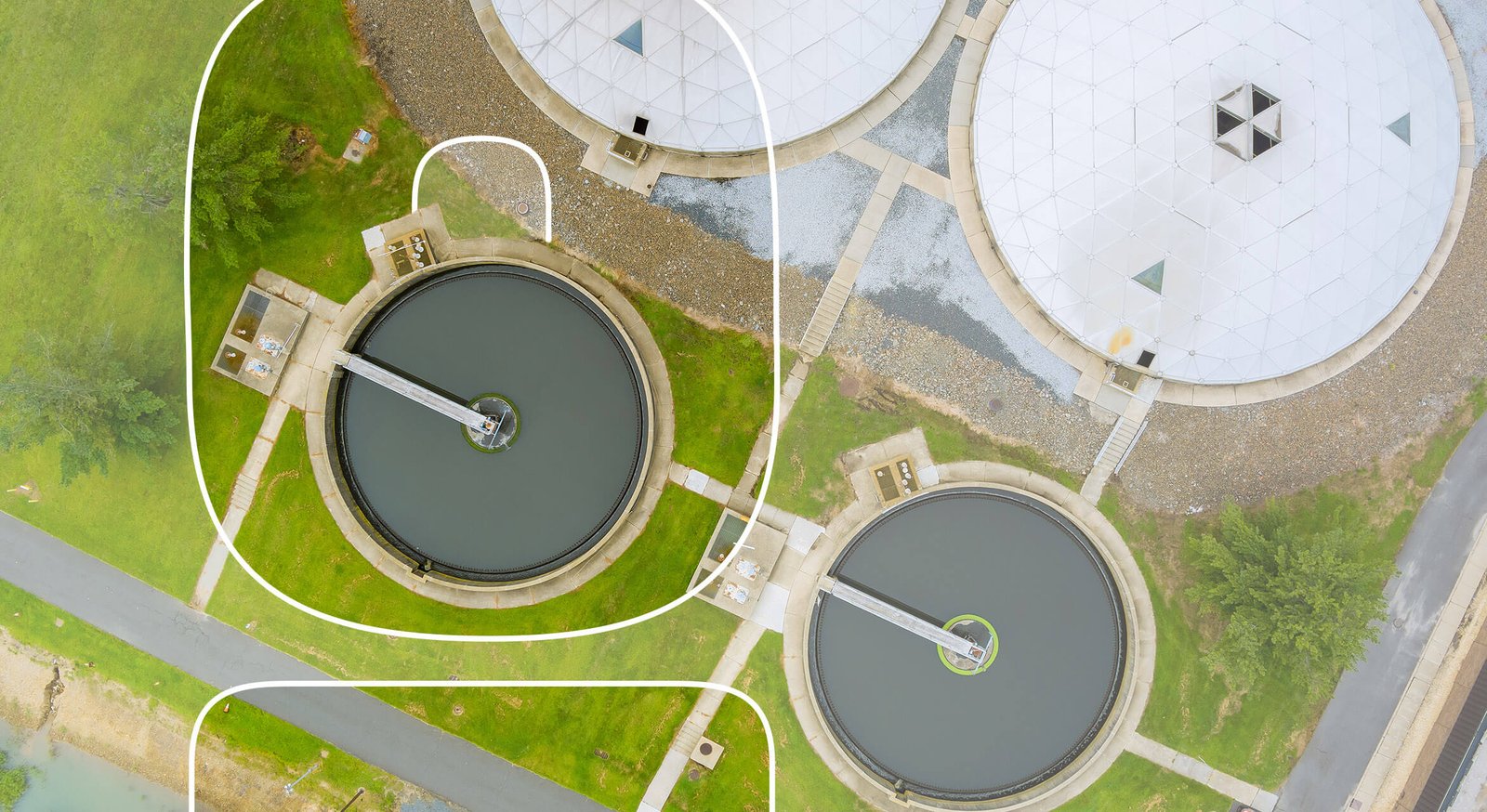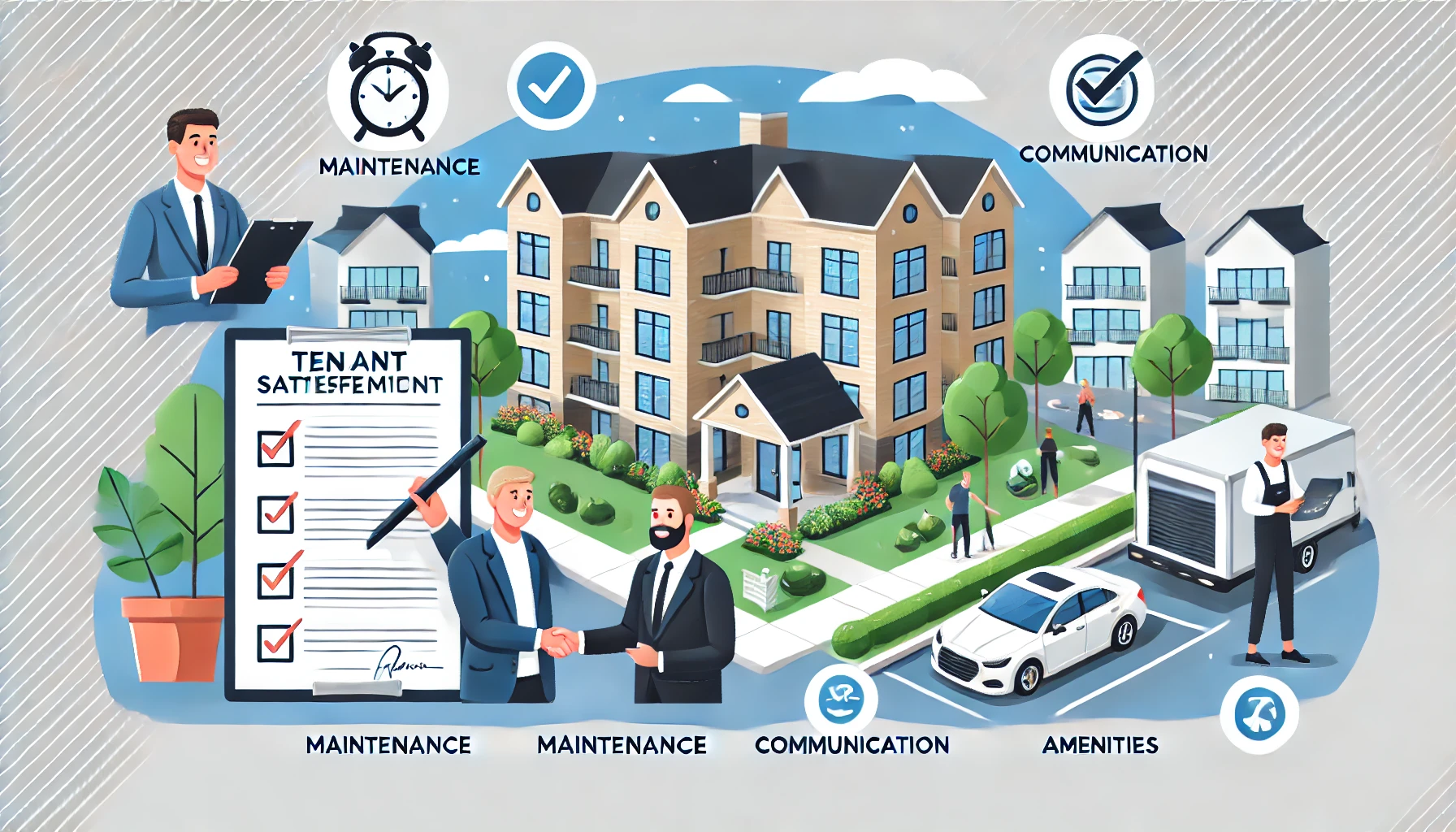Wastewater management is a crucial aspect of environmental stewardship and public health. As urbanization and industrial activities increase, effective management of wastewater becomes increasingly essential to protect natural resources and promote sustainability. Fortunately, there are several innovative and sustainable solutions available to enhance wastewater management systems. This blog post will explore practical ways to improve your wastewater management system with a focus on sustainability.
1. Embrace Advanced Treatment Technologies
One of the most effective ways to enhance wastewater management is by incorporating advanced treatment technologies. Traditional wastewater treatment methods, while effective, often fall short in removing emerging contaminants and minimizing environmental impact. Advanced technologies such as membrane bioreactors (MBRs), advanced oxidation processes (AOPs), and nutrient removal systems offer improved efficiency and higher water quality standards.
Membrane Bioreactors (MBRs) combine biological treatment with membrane filtration, providing high-quality effluent and reducing the need for secondary clarification. Advanced Oxidation Processes (AOPs) utilize powerful oxidants like ozone and hydrogen peroxide to break down organic contaminants that are resistant to conventional treatments. Nutrient Removal Systems specifically target nitrogen and phosphorus, which are key contributors to water pollution and eutrophication.
2. Implement Water Reuse and Recycling
Water reuse and recycling are essential components of a sustainable wastewater management strategy. By treating and reusing wastewater, you can reduce the demand for fresh water and minimize the volume of wastewater that needs to be treated and discharged.
Greywater recycling involves capturing and treating wastewater from sources like sinks, showers, and washing machines for reuse in irrigation or toilet flushing. Rainwater harvesting systems collect and store rainwater for non-potable uses, reducing reliance on municipal water supplies and lowering the strain on wastewater systems.
Industrial water reuse focuses on recycling process water within industrial facilities. This practice not only conserves water but also reduces the volume of wastewater generated, lowering treatment costs and environmental impact.
3. Optimize Resource Recovery
Resource recovery from wastewater involves extracting valuable resources such as energy, nutrients, and materials from the wastewater stream. This approach enhances sustainability by reducing waste and creating useful by-products.
Energy recovery can be achieved through processes like anaerobic digestion, which produces biogas (a mixture of methane and carbon dioxide) that can be used for electricity and heat generation. Nutrient recovery technologies, such as struvite precipitation, enable the extraction of phosphorus and nitrogen for use as fertilizers, reducing the need for synthetic alternatives.
Water reuse can also be considered a form of resource recovery. By treating and reusing wastewater, you can reclaim water for various applications, reducing the need for fresh water and minimizing wastewater discharge.
4. Promote Green Infrastructure
Green infrastructure integrates natural processes into wastewater management to enhance environmental and community benefits. These approaches utilize natural systems to manage and treat wastewater while providing additional ecological and aesthetic advantages.
Constructed wetlands are designed to mimic natural wetlands and provide effective treatment for wastewater through natural filtration processes. Green roofs and rain gardens capture and manage stormwater runoff, reducing the burden on traditional wastewater systems and preventing pollution from reaching water bodies.
Permeable pavements allow rainwater to infiltrate the ground, reducing runoff and decreasing the volume of stormwater that needs to be managed. By incorporating green infrastructure into wastewater management, you can enhance resilience, improve water quality, and create more livable urban environments.
5. Engage in Public Education and Outreach
Effective wastewater management requires active engagement from the community. Public education and outreach initiatives play a vital role in promoting sustainable practices and encouraging responsible behavior.
Educational programs can raise awareness about the importance of proper wastewater disposal, the impact of pollutants on the environment, and the benefits of water conservation. Community workshops and campaigns can provide practical tips on reducing wastewater generation, such as minimizing chemical use and avoiding the disposal of harmful substances in the sewer system.
Partnerships with local organizations and stakeholders can also enhance public involvement and support for wastewater management initiatives. By fostering a sense of shared responsibility, you can create a more informed and engaged community committed to sustainable wastewater practices.
6. Regular Maintenance and Upgrades
Maintaining and upgrading your wastewater management system is essential for optimal performance and reliability. Regular inspections and maintenance are key to preventing system failures and prolonging the lifespan of your equipment.
Conducting routine checks on treatment processes, pumps, and pipelines allows for the early detection of potential problems before they escalate. Incorporating new technologies, such as submersible pressure transducers, can enhance performance and improve energy efficiency. These transducers are particularly valuable in monitoring pressure levels in submerged environments, providing accurate and reliable data that can help in timely decision-making.
Upgrading outdated equipment and integrating advanced solutions not only boosts performance but also reduces energy consumption. Additionally, investing in ongoing staff training ensures that your team is well-versed in the latest technologies and best practices, further optimizing overall system management.
Conclusion
Improving your wastewater management system with sustainable solutions is essential for protecting the environment, conserving resources, and promoting public health. By embracing advanced treatment technologies, implementing water reuse and recycling, optimizing resource recovery, promoting green infrastructure, engaging in public education, and ensuring regular maintenance, you can enhance the efficiency and sustainability of your wastewater management efforts. As we continue to face growing environmental challenges, adopting these practices will help create a more resilient and sustainable future for our communities and ecosystems.












